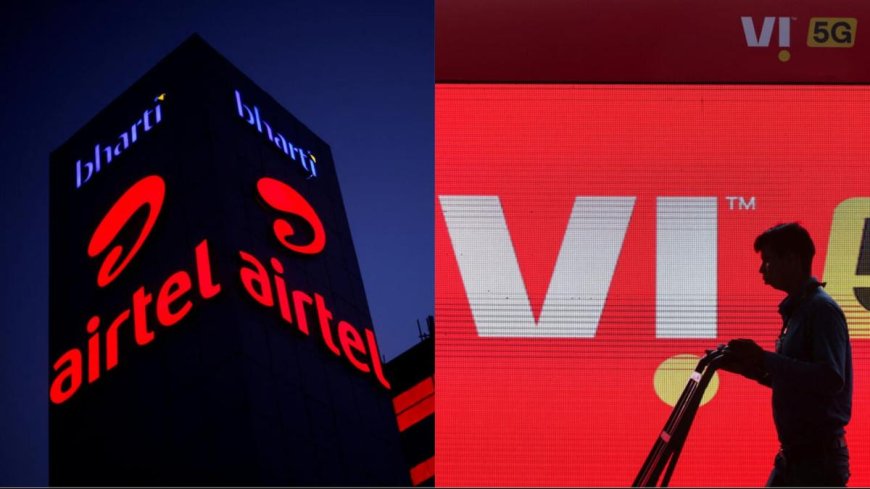Supreme Court refuses to entertain pleas by Vodafone, Airtel for AGR relief

Supreme Court Refuses to Entertain Pleas by Vodafone, Airtel for AGR Relief
Breaking News, Daily Updates & Exclusive Stories - asarkari.
The Supreme Court of India has once again made headlines by rejecting pleas put forward by telecom giants Vodafone Idea and Bharti Airtel, seeking relief from Adjusted Gross Revenue (AGR) dues. The court described the petitions as "misconceived," highlighting legal intricacies surrounding the controversial AGR issue. This ruling has far-reaching implications for the telecommunications industry in India, which has been grappling with financial challenges for years.
Understanding the AGR Dues
Adjusted Gross Revenue (AGR) pertains to the revenue that operators are required to share with the government, primarily in the form of license fees and spectrum usage charges. Over the years, the definition and scope of AGR, along with the dues owed, have sparked considerable legal battles and discussions among stakeholders.
Vodafone Idea and Bharti Airtel filed their pleas in an effort to alleviate the burden of outstanding AGR dues, which have amassed to tens of thousands of crores. These companies argued that the financial strain posed by the current AGR regime is overwhelming, jeopardizing their operational viability. However, the Supreme Court's ruling indicates a strong legal stance that prioritizes regulatory frameworks over financial relief.
The Court's Perspective
The Supreme Court's rejection of the pleas came as a surprise for many in the industry, as both Vodafone and Airtel were hoping for a favorable outcome that might cushion their financial setbacks. The court indicated that the telecom operators need to adhere to the existing legal obligations, thereby reinforcing the government's stance on revenue collection.
This ruling is expected to bring additional scrutiny to the entire telecommunications sector. Analysts believe that it may lead to a situation where these telecom operators might need to reassess their financial strategies and possibly consider raising funds to clear the dues.
The Impact on the Telecom Sector
With the refusal to entertain the pleas, both Vodafone and Airtel are now faced with difficult decisions moving forward. The rejection raises questions about future investments in the sector as companies recalibrate their financial strategies to comply with the current legal framework. The repercussions of this ruling may also extend to new players entering the market, impacting competition in the long run.
As consumers, we may witness changes in pricing models and service offerings as telecom operators navigate through their financial challenges. Enhanced transparency regarding their AGR liabilities and the methods they employ to address them could become critical components of their business strategies.
Conclusion
As the Supreme Court maintains its firm stance on AGR dues, the telecommunications industry awaits clarity on how these obligations will shape its future. For many, the ability to adapt and strategize under such constraints will determine their survival and success in this highly competitive market. As this story develops, both consumers and investors will keep a close eye on the subsequent actions of Vodafone and Airtel.
For more updates, visit asarkari.com.
Keywords:
Supreme Court, Vodafone Idea, Bharti Airtel, AGR dues, telecom sector, financial challenges, Adjusted Gross Revenue, legal battles, revenue collection, Indian telecom newsWhat's Your Reaction?
 Like
0
Like
0
 Dislike
0
Dislike
0
 Love
0
Love
0
 Funny
0
Funny
0
 Angry
0
Angry
0
 Sad
0
Sad
0
 Wow
0
Wow
0









































